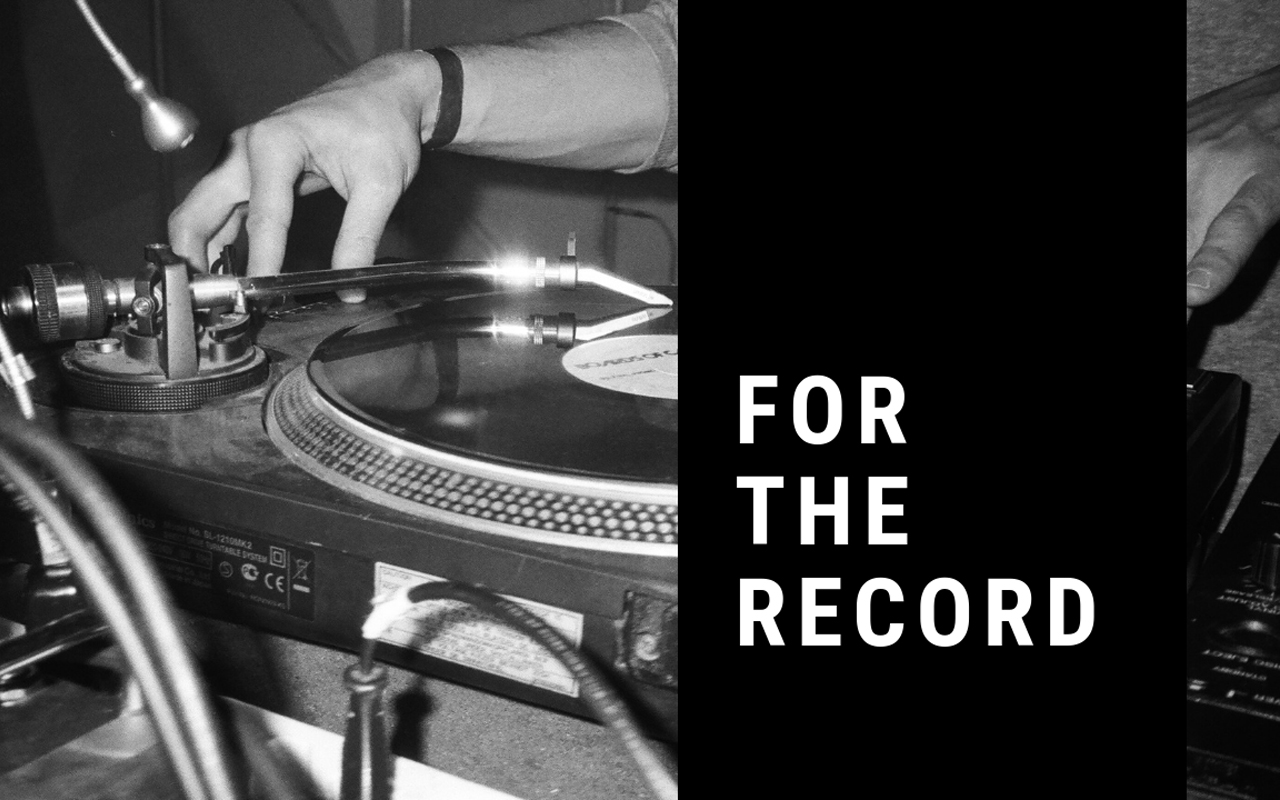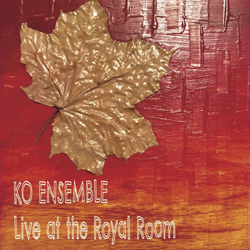
KO Ensemble
KO Ensemble Live at the Royal Room
Self-released

A knockout, commonly abbreviated to as K.O. or KO, is a fight-ending criterion in several combat sports, most notably boxing. A full knockout is considered any legal strike, or combination thereof, that renders an opponent unable to continue fighting.
Enter the no-holds-barred soprano saxophonist Kate Olson and her uncontested KO Ensemble. Their debut album, KO Ensemble Live at the Royal Room, is an honest venture into a contradictory realm of contemporary post-bop minimalism.
Strong, subtle, and squirrely high pitched heads, riffs, and solos float graciously above a refined rhythm section, propped up by the dexterous bassist Chris Symer and drummer extraordinaire Brad Gibson. The astute and engaging pianist Alex Guilbert and his insightful accompaniment grounds each piece with a delightful sense of balance and clarity. Guilbert’s ability to seamlessly intermingle and meld with Olson’s tonal aesthetic, while maintaining his own personal voice, is quite remarkable.
Light, coherent, and seemingly straight forward arrangements are infused with obtuse and irregular structural and melodic components, providing a suitable framework for her articulate improvisational execution. Olson’s relaxed and imaginative original compositions duck back and forth, from familiar and comforting, to brash and introspective. While her more peculiar melodies confidently wander about in a state of creative innocence, untouched by ego and self doubt. And at the end of the bout, it’s a winner by unanimous decision.
–Gus Marshall